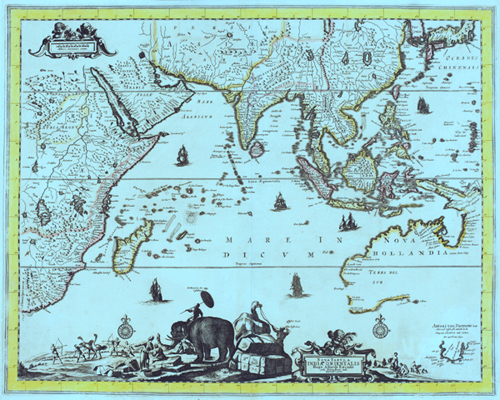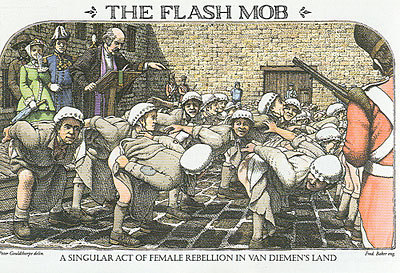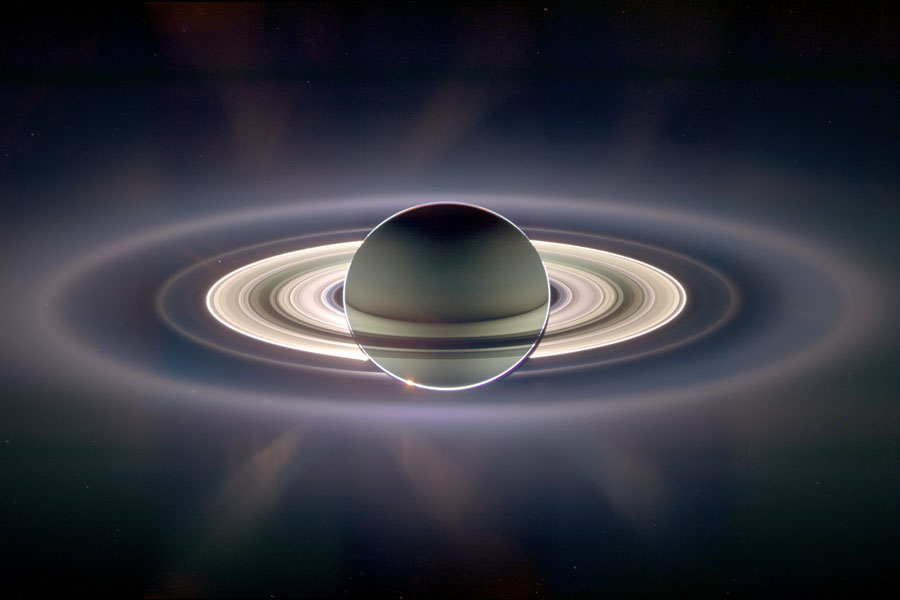

YouTube - Roger Penrose - Cyclic Universe Model
Roger Penrose interviewed about his new model of the universe ... 10 min -
 http://www.allaboutpopularissues.org/Nostradamus-Prophecy.htm .........There was a young lady called Bright
http://www.allaboutpopularissues.org/Nostradamus-Prophecy.htm .........There was a young lady called Bright
Time travel and the technology to send messages to the past should be considered part of the same science as both activities are based on the idea that time is not necessarily constant, linear or flowing in one direction only. That could mean that time itself might be manipulated and possibly traveled in both directions. As a result our current accepted theory about what is time and how does it behave, cannot be correct or complete.
If such future technology ever gets invented then the consequences must be already with us. Regardless of how far ahead the technology is going to be developed, we already have seen the effects, and documented some of the communications we must have had with time travelers. However since we have not yet established a theory, it might be difficult to recognize an event as the result of an experiment.
 Time travel to the past and sending messages to the past is unique in the sense that the consequences occur before the technology gets developed, before a time travel theory gets adopted and before anybody knows what it will look like or accept that it might be possible.
Time travel to the past and sending messages to the past is unique in the sense that the consequences occur before the technology gets developed, before a time travel theory gets adopted and before anybody knows what it will look like or accept that it might be possible.
No matter how far in the future time travel gets invented the effects of experiments must be already with us and documented in our own history.
If we find no reasonable proof of experiments then maybe the technology is never going to be invented, eliminating the need to do any time travel research. A first step in proving the existence of time travel and the consequences of time travel experiments could be to analyze - random - events from the point of view that they are time travel related. Or even better: any recorded mysterious, paranormal or unexplained event could be an excellent potential candidate, even if there seems to be no direct relationship with the future.
Since there are many theories, we could reason how each would leave it's unique marks and tell tales in history which we then could use to indicate the probability that a theory could be viable.

Some theories, most notably special and general relativity, suggest that suitable geometries of spacetime, or specific types of motion in space, might allow time travel into the past and future if these geometries or motions are possible.[9] In technical papers physicists generally avoid the commonplace language of "moving" or "traveling" through time ('movement' normally refers only to a change in spatial position as the time coordinate is varied), and instead discuss the possibility of closed timelike curves, which are worldlines that form closed loops in spacetime, allowing objects to return to their own past. There are known to be solutions to the equations of general relativity that describe spacetimes which contain closed timelike curves, but the physical plausibility of these solutions is uncertain.
Physicists take for granted that if one were to move away from the Earth at relativistic velocities and return, more time would have passed on Earth than for the traveler, so in this sense it is accepted that relativity allows "travel into the future" (although according to relativity there is no single objective answer to how much time has 'really' passed between the departure and the return). On the other hand, many in the scientific community believe that backwards time travel is highly unlikely. Any theory which would allow time travel would require that issues of causality be resolved. The classic example of a problem involving causality is the "grandfather paradox": what if one were to go back in time and kill one's own grandfather before one's father was conceived? But some scientists believe that paradoxes can be avoided, either by appealing to the Novikov self-consistency principle or to the notion of branching parallel universes (see the possibility of paradoxes below).
****************************************************************************************************************************************strange science: http://www.livescience.com/strangenews/ http://www.thelivingweb.net/weird_science.html http://www.strangematterexhibit.com/ in ADDITION, LOOK UP OTHER ITEMS IN GOOGLE " strange science"








+copy.jpg)






















































.jpg)



























 G
G







.jpg)
















No comments:
Post a Comment